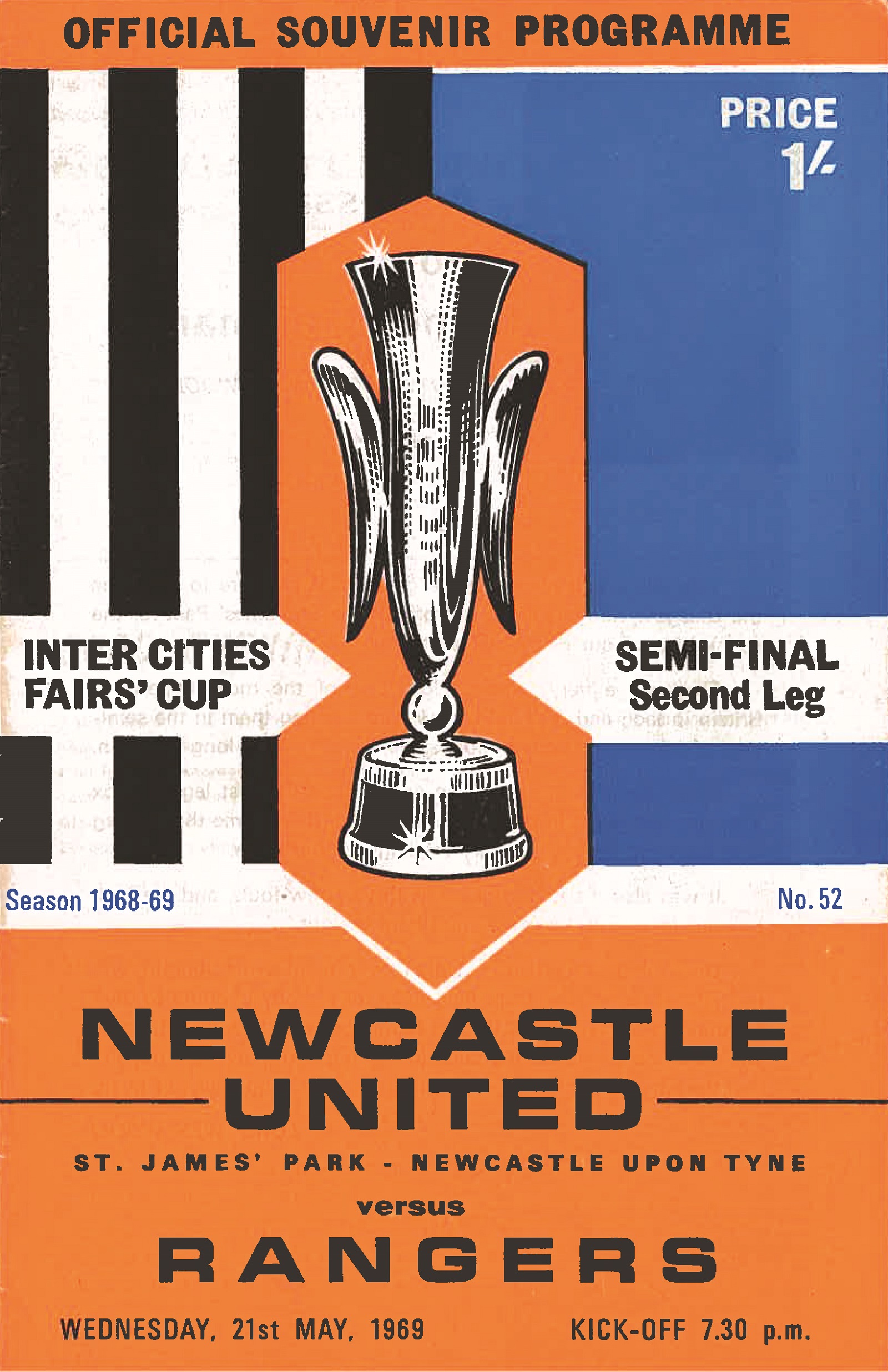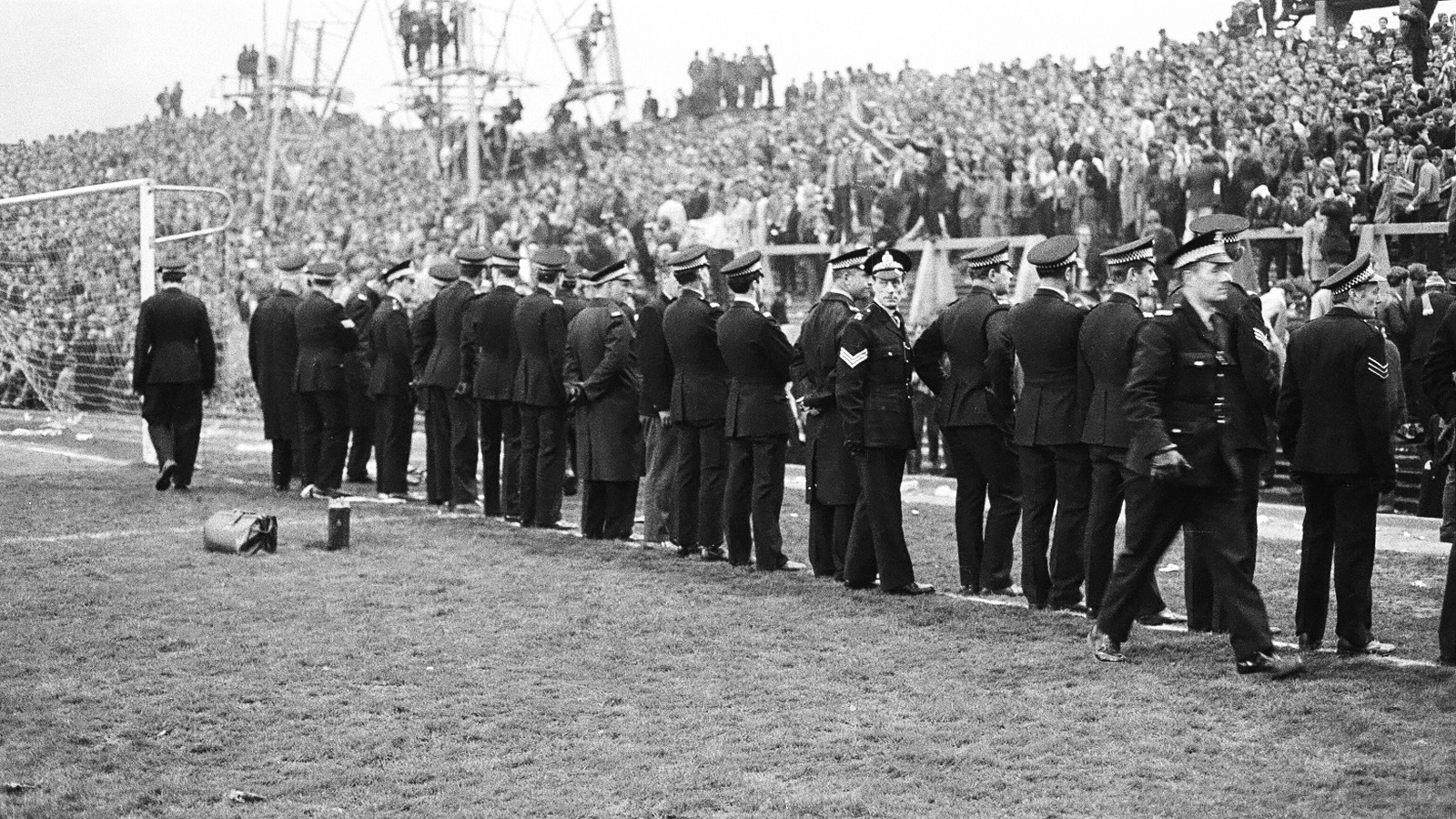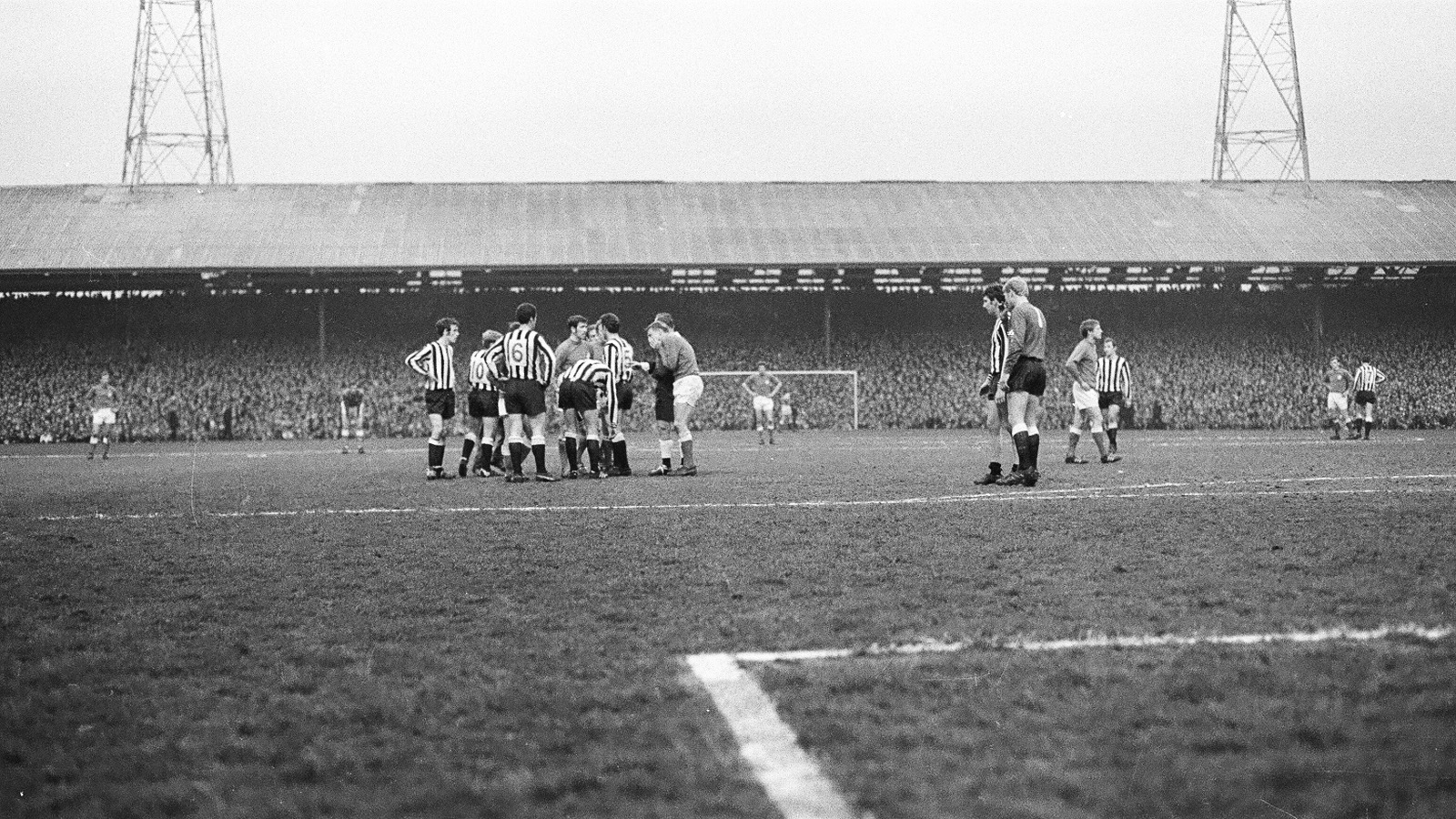Features
50 years on: Scott recalls semi-final victory
Written by Mark Hannen
On 21st May, 1969 – exactly 50 years ago – Newcastle United took on Glasgow Rangers in the second leg of the Inter-Cities Fairs Cup semi-final. In our last Fairs Cup offering, through the eyes of goalkeeper Willie McFaul, we reported on United’s brave, determined and dogged 0-0 draw against Rangers seven days earlier at Ibrox, a result that made the Magpies favourites to progress to the final but, at the same time, wary that a score draw would send their visitors through instead.
Jim Scott had joined United in August 1967 from Hibernian, where he was noted as a fine craftsman with an excellent touch on the ball. Able to play on the right flank or in midfield, he is best remembered for supplying tantalising crosses for Wyn Davies and Pop Robson to get on the end of and, of course, scoring the first of United’s 221 European goals in the magnificent 4-0 opening round win over Feyenoord in September 1968.
“We’d finished the league season only four days earlier at St. James’ Park with a 1-1 draw with Liverpool,” recalled Scott, who never stops telling people how proud he was to have also represented his country. “Wyn Davies got our goal and I think it was good that we played such tough opposition as it meant we didn’t relax at all and were on our mettle, ready for Rangers. Joe (Harvey) liked to keep a settled team as he reckoned we’d keep improving if we kept playing together so the team that day was as strong as we could muster. Nowadays when managers make wholesale changes for games, and I mean change nine or ten players, I have to say I just don’t get it. ‘Rest’, they say – rubbish! If you’re not able to play games back to back there’s something wrong. It’s crazy but happily all the lads thought the same – ‘I want to play,’ they’d say, and it certainly didn’t do us any harm. If anything it brought us closer together as a group and I firmly believe that was one of the main ingredients of our success that season.
“We all thought the 0-0 draw we got up at Ibrox was a great result but equally we knew the tie was far from over. Back in Round Three we got through on away goals against Real Zaragoza so we knew how finely balanced the whole tie was – let them score and we’re up against it, but go ahead and then we’re in the box seat.
The matchday programme from the game.
“There were nearly 60,000 crammed into St. James’ that night and it really felt like something special. The Rangers fans had packed out the Gallowgate End and I’d heard they’d been in the city since dawn! A friend of mine worked at Walbottle School and in those days that was on the old A69 heading into Newcastle and he told me it was an unbelievable sight watching the hordes of Scots passing by all day long in convoys heading into the city.
“The thing with Rangers of course was that we knew how they’d play and we were comfortable with that. Being an all British encounter was a little strange but it was probably the biggest club game any of us had played in. Back in Scotland I’d played for Hibs against Rangers many a time and it was the same for Jackie Sinclair with Dunfermline. I could probably count the number of points we’d gained on one hand as we were always the underdogs but this time it was a level playing field and it was just great, the same for Jackie. And don’t forget we had Scots lads Bobby Moncur and Tommy Gibb in our team too and they were as keen as me and Jackie to put one over the Gers.
“I remember the first half being a bit cagey, a lot of possession for both sides without any really good chances. The noise from both ends of the stadium was immense but you could sense the nerves and the tension on the terraces as well. After half time we started to dominate and we fully deserved to go in front when I got on the end of Tommy Gibb’s through ball. I think it was Willie Mathieson who was chasing me but I managed to strike a decent shot across their German ‘keeper Gerhard Neef into the Leazes End net before he had a chance to tackle me and the ground just erupted. The roar the crowd let out that day will remain with me for the rest of my life. Jackie got the second with 13 minutes left when he volleyed in a knockdown from big Wyn and we knew then Rangers were a beaten team. What we didn’t know though was what was about to happen.
“The Rangers fans decided that their only chance was to get the match abandoned. And how would they do that? Well invade the pitch of course! It was a futile attempt though but we were genuinely concerned for our safety and got off the pitch to the sanctuary of the dressing rooms as quickly as we could. Being a Scotsman it was really sad and it seemed for a time that the match indeed might not get finished. The referee, who was from Wales, did a great job and after about 15 minutes we returned to the field to play out the final minutes. It was all a bit eerie with the away fans a bit subdued, the decent ones anyway, and there was a huge cordon of police lining the cinder track behind the Gallowgate goal trying to keep order.
The police look to keep order after travelling Rangers supporters invade the Gallowgate pitch.
“When the final whistle went, as elated as we all were, we just wanted to get off the pitch as quickly as possible. The celebrations in our changing room were a bit muted and I don’t know whether that was because of the enormity of the occasion, the shock of the fan disorder or whether we were all absolutely knackered! Maybe a bit of all three.
“I didn’t know it at the time but the Rangers chairman, a chap called John Lawrence, came along to our dressing room when it was all kicking off and said: ‘Whatever happens, you’re through to the final.’ Franky he was so embarrassed by the behaviour of ‘his’ fans he felt it was the only right thing to do. And I have to applaud him for that – win properly and lose properly, that’s the essence of sport.
“When the dust settled, all credit to Joe though. You could say sometimes he didn’t do much tactically but by golly he ‘knew the game’ and, in my book, that counts for everything.
“Újpest awaited us in the final and we only had eight days to wait. Bring it on, I said, even if we were already way past the end of the normal season. We’d started this so were determined to finish it.”
Thankfully the alarming and shocking scenes of football hooliganism couldn’t overshadow United’s remarkable achievement of reaching a European final at the first attempt.
Action from the game at St. James' Park.
Newcastle United 2 (Scott 52, Sinclair 77) Rangers 0
There were three changes for United from the first leg, with fit-again right back David Craig replacing John Craggs, Ollie Burton taking over as centre half from John McNamee and Jackie Sinclair coming in for Alan Foggon. Rangers also made three changes, with Willie Mathieson in for David Provan, Ronnie McKinnen for Colin Jackson and Willie Johnston replacing Sandy Jardine.
United: Willie McFaul, David Craig, Frank Clark, Tommy Gibb, Ollie Burton, Bob Moncur, Ben Arentoft, Bryan Robson, Wyn Davies, Jim Scott, Jackie Sinclair.
Manager: Joe Harvey
Rangers: Gerhard Neef, Kaj Johansen, Willie Mathieson, John Greig, Ronnie McKinnen (David Provan), Dave Smith, Willie Henderson, Andy Penman, Colin Stein, Willie Johnston, Örjan Persson.
Manager: David White
Attendance: 59,303
Match Facts:
- Alex Ferguson, he of Manchester United fame, was in the Rangers party for the semi-final but the striker found himself left out by manager David White for the latter stages of the European run.




